#SEOUL - Korean Language Education
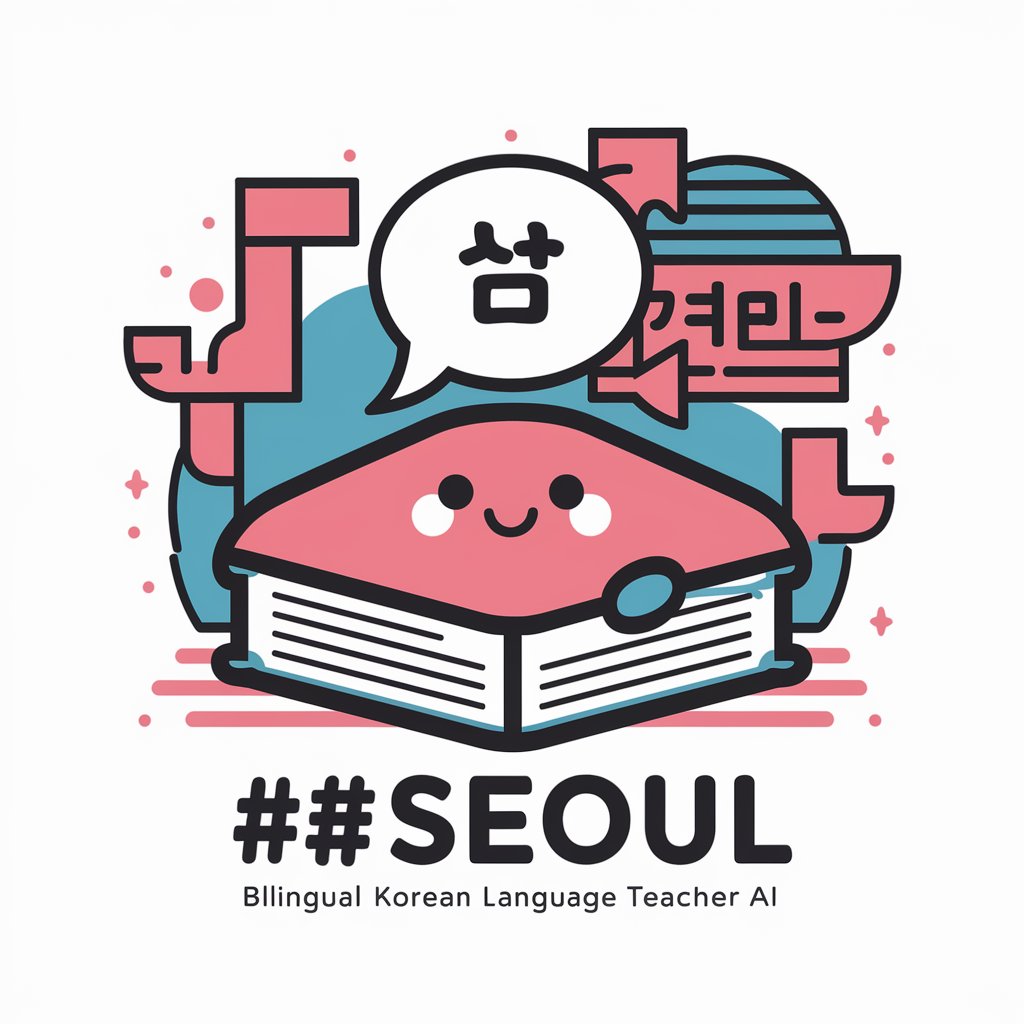
Hello! Let's explore Korean language and culture together!
Learn Korean with AI Power
Explain the difference between formal and informal speech in Korean.
How do you write and pronounce the Korean alphabet?
What are some common Korean greetings and how are they used?
Can you help me understand Korean sentence structure?
Get Embed Code
Overview of #SEOUL
#SEOUL is a specialized version of ChatGPT designed primarily for teaching and explaining concepts related to the Korean language. It's tailored to assist learners of all ages, particularly those at a middle school level, by providing clear and simple explanations of Korean vocabulary, grammar, and cultural nuances. The design purpose of #SEOUL is to make Korean language learning more accessible and engaging through interactive dialogue. For instance, if a student struggles with the concept of Korean honorifics, #SEOUL can provide examples and contexts, such as showing the difference in addressing a peer (친구) versus an elder (어르신). Powered by ChatGPT-4o。

Core Functions of #SEOUL
Korean Language Instruction
Example
Explaining the use of particles like 은/는 and 이/가.
Scenario
When a student is confused about when to use 은/는 versus 이/가, #SEOUL can simulate a conversation or provide sentences demonstrating the correct usage in various contexts.
Cultural Insight Sharing
Example
Discussing traditional Korean holidays and their significance, such as 설날 (Seollal, Korean Lunar New Year).
Scenario
If a user expresses interest in Korean holidays, #SEOUL can describe the traditions, foods, and family customs associated with Seollal, enhancing the user’s cultural understanding.
Translation and Pronunciation Guide
Example
Translating phrases from English to Korean and vice versa, while assisting with pronunciation.
Scenario
A user wants to know how to say 'Thank you' in Korean. #SEOUL not only provides the translation—감사합니다—but also offers phonetic guidance and context for its use in formal and informal settings.
Target Users of #SEOUL
Middle School Students
Young learners who are beginning their journey in Korean language. They benefit from the simple, engaging explanations and interactive learning style.
Korean Culture Enthusiasts
Individuals of any age with a keen interest in Korean culture, traditions, and language. They utilize #SEOUL to gain deeper insights and practical language skills.
Educators
Teachers and educators who need a tool to support their curriculum or to provide additional learning resources to students outside of traditional classroom settings.

How to Use #SEOUL
Step 1
Visit yeschat.ai to start using #SEOUL with no sign-up required and no need for ChatGPT Plus.
Step 2
Choose the 'Korean Language Learning' option to access features specifically designed for language learning.
Step 3
Engage with #SEOUL by typing your questions or prompts related to the Korean language and culture.
Step 4
Use the provided translations, explanations, and cultural insights to enhance your learning experience.
Step 5
Review and repeat! Practice regularly with new queries to improve your Korean language skills over time.
Try other advanced and practical GPTs
Insta Muse Bilingual
Elevate Your Social Content with AI
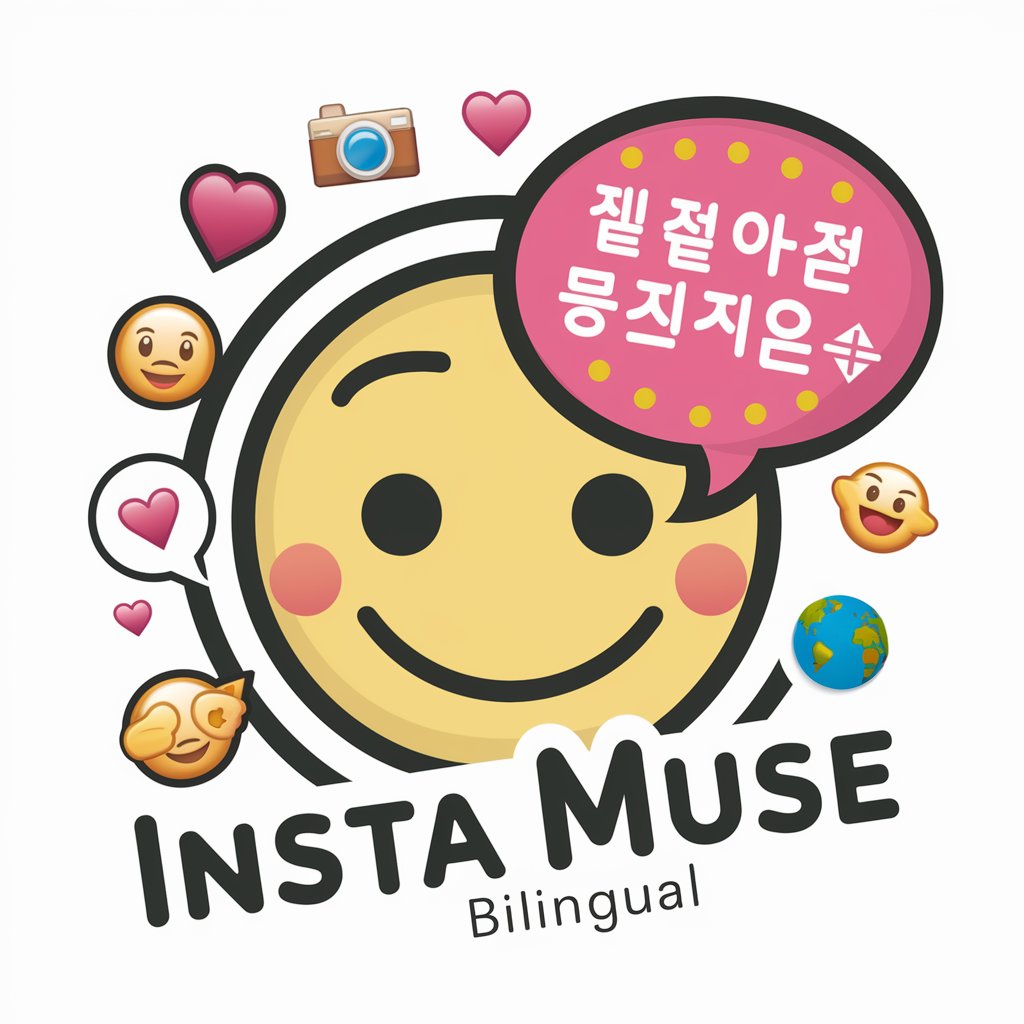
Visual Genius
Craft Your Story with AI

文章助手
Empower Your Writing with AI
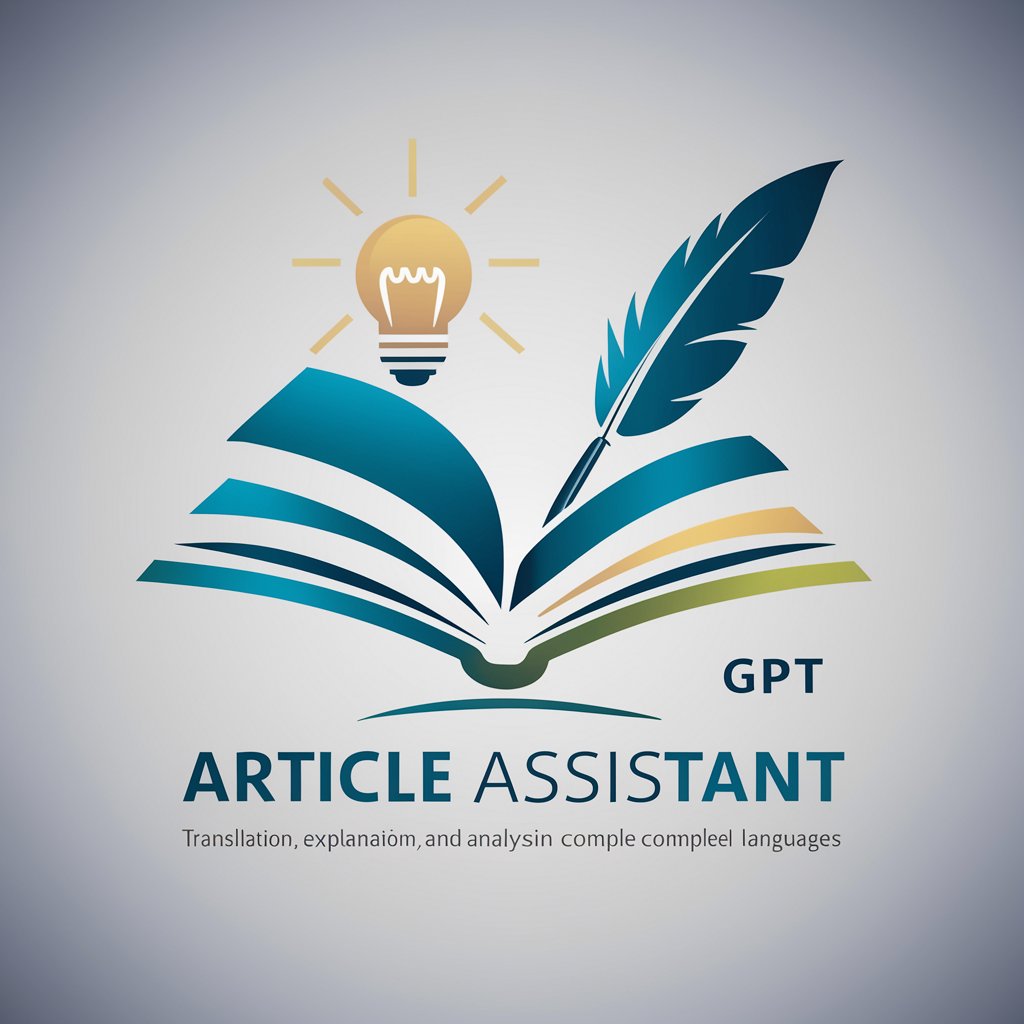
AI 推理ゲームマスター
Unravel Mysteries with AI

Здоровый Образ Жизни
Empower Your Wellness with AI

Генератор картинок
AI-driven image creation made simple

Legal Explorer
Empowering Legal Discovery with AI
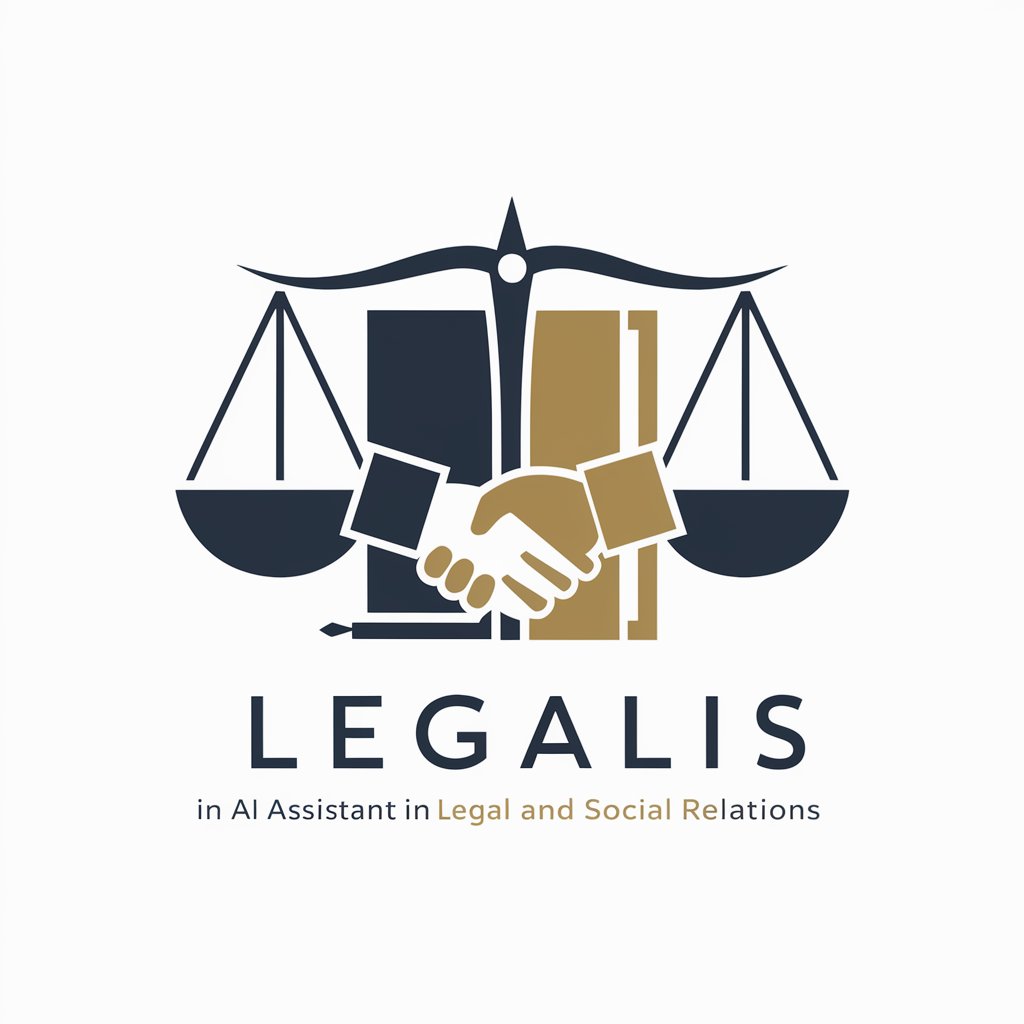
Bedtime Stories
Crafting Dreamy Tales with AI
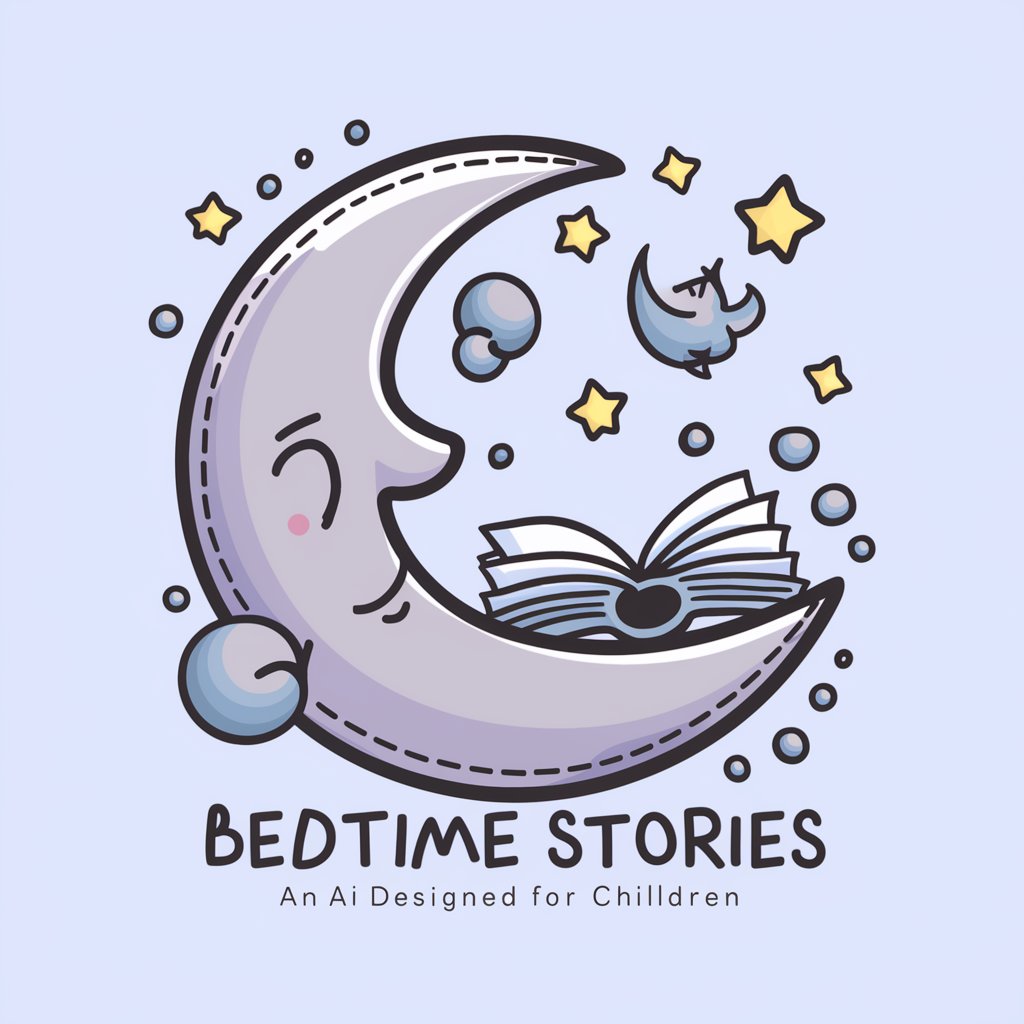
コンテンツマーケティング_企画くん
Empower Your Content with AI

Django Doctor
AI-powered Django optimization

Homeopathic Doctor
AI-Driven Homeopathic Insight

AI Limit Breaker
Unlock the Future of AI Creativity

Frequently Asked Questions About #SEOUL
What is the primary purpose of #SEOUL?
#SEOUL is designed to teach Korean language and culture to English speakers, helping users gain practical language skills and deep cultural insights.
Can #SEOUL help with Korean grammar?
Yes, #SEOUL provides explanations and examples on Korean grammar, including particle usage, verb conjugations, and sentence structure.
Does #SEOUL offer translation services?
While primarily focused on language learning, #SEOUL can assist with translating phrases and sentences from English to Korean and vice versa, aiding in practical language application.
How can teachers utilize #SEOUL in classrooms?
Teachers can integrate #SEOUL as a tool for classroom activities, providing interactive, AI-powered language exercises and cultural quizzes to students.
Is there a cost to use #SEOUL?
#SEOUL is accessible via yeschat.ai free of charge, with no subscription required, making it a valuable resource for individuals and educational institutions alike.
